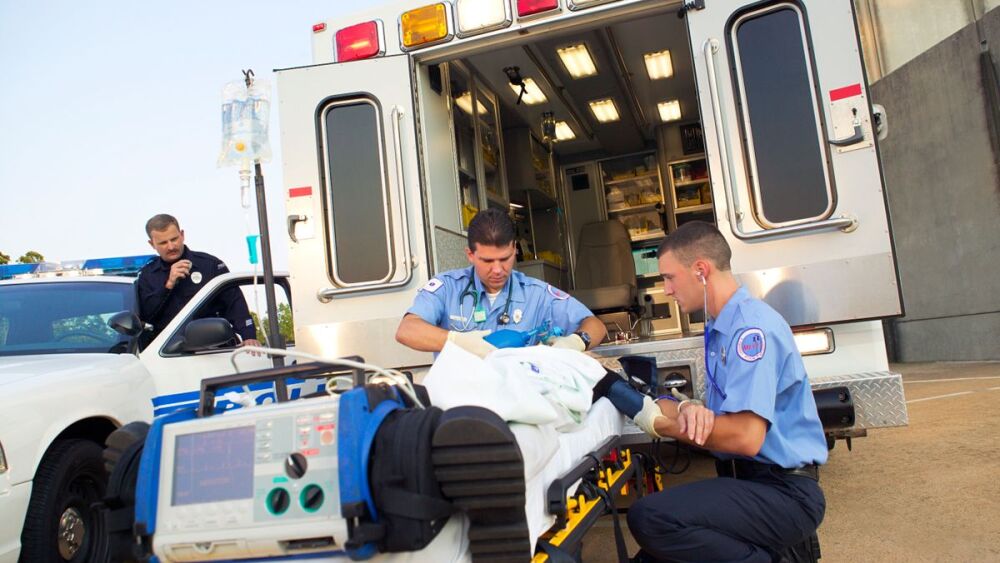The emergence and spread of COVID-19 profoundly affected emergency medical services – not just in how you do your job, but in the nature of the work itself. But, according to the 2021 EMS1 Trend Report, COVID-19 ranks significantly below poor leadership in adversely impacting the profession (10% versus 31%). Respondents noted a lack of providers and ambulances to keep up with demand, and 56% blamed leadership for deteriorating conditions.
It’s sobering: poor leadership, by this measure, is perceived a greater threat to EMS professionalism and morale than a novel global pandemic responsible for 4.5 million deaths.
Mistrust between the ranks in EMS isn’t new. Writing about EMS in the late 1970s, James O. Page noted, “Nearly everyone with a year or more of EMS experience has a story to tell about confrontations with other members of the ‘team.’” Page was referring to perspectives among various first responders as well as between ranks. His solution: “Cooperation can be increased if each side has an understanding of the others’ point of view.” This is undoubtedly true. But it’s not easy.
Leaders who have lost the trust of their people are invariably seen as aloof to the concerns of those people. EMTs and paramedics in the 2021 EMS Trend Report describe feeling like data points in a spreadsheet rather than fully formed human beings with valid input for the organization. One representative comment: “‘Historical’ call volumes are not an adequate reference when it comes to provider fatigue, unit/hour utilization and business models in this industry.”
The concept of resilience is of increasing interest among EMS professionals. Resilience literally means to “leap back,” as in to be knocked down and get back up. Many factors contribute to a person’s resilience, but one of the most important is social connection. Research has shown that loneliness and isolation can lead to depression, cardiovascular disease, diminished immune response and general morbidity. The culture of an EMS agency where leaders aren’t trusted – where providers feel isolated and unsupported – is therefore less resilient.
To understand the perspective of the other side, to empathize, requires sustained time and effort, and it goes both ways. During challenging times – and the past 18 months would certainly qualify as such – being a leader requires making tough decisions and navigating uncharted waters. Asked to rank the top three most critical issues facing EMS today, Trend Report respondents placed workforce retention in the top position for the second year in a row. But this year, the second most critical issue identified was provider mental health (rather than funding and reimbursement), while provider safety replaced recruitment of qualified applicants in the third spot. The positive news is that many EMS leaders are stepping up to address provider mental health and safety, seeing these as the critically important issues they are.
Download your copy
2021 EMS Trend Report: Redefining adaptability, resilience and growth
The impact COVID-19 had, and didn’t have, the changes we’re embracing and the change providers want to see
EMS is the noble work of helping people who are often vulnerable and in their worst moments. As COVID-19 made evident, this is the definition of essential work. When we talk about the mental health of first responders, too often we speak of them in isolation, putting the burden of wellness on the individual. True leadership recognizes the importance of agency culture and community in fostering and supporting wellbeing and professionalism. Sometimes it takes a fresh calamity to wake up to an old truth.





